Surrogacy Laws & Process in North Dakota

Understanding the Surrogacy Process in North Dakota
North Dakota permits gestational surrogacy, where a woman carries a pregnancy for intended parents using assisted reproductive technology. Traditional surrogacy, involving the surrogate’s own egg, is prohibited under state law. Gestational surrogacy agreements are enforceable when they meet specific legal criteria, ensuring that the intended parents are recognized as the legal parents of the child. The process typically involves selecting a surrogate, undergoing medical evaluations, and entering into a legally binding contract that outlines the rights and responsibilities of all parties involved.
Pre-Birth Parentage Orders in North Dakota: Legal Recognition Before Birth
North Dakota law allows for pre-birth parentage orders in gestational surrogacy cases. These orders establish the intended parents’ legal rights before the child’s birth, allowing them to be listed on the birth certificate. To obtain a pre-birth order, intended parents must file a petition with the court, typically after the first trimester of pregnancy. The court will review the surrogacy agreement, medical records, and other relevant documents to determine whether to grant the order.
Legal Framework
North Dakota's surrogacy laws are governed by the North Dakota Century Code, specifically §14-18. This statute explicitly permits gestational surrogacy and establishes that a child born to a gestational carrier is legally the child of the intended parents. Traditional surrogacy agreements, where the surrogate is genetically related to the child, are void and unenforceable under §14-18-05. The law also addresses the responsibilities of intended parents, including the obligation to cover pregnancy-related costs incurred by the surrogate. While the statute provides a clear legal framework for gestational surrogacy, it does not specifically address issues related to same-sex couples or unmarried individuals, which may require additional legal considerations.
Eligible Families
Surrogacy in North Dakota is accessible to a broad range of families, including married and unmarried couples, as well as single individuals. The state's laws do not explicitly restrict surrogacy based on marital status, sexual orientation, or genetic relationship to the child. However, the absence of specific statutes addressing these factors means that intended parents should seek legal counsel to navigate potential complexities, particularly in cases involving same-sex couples or the use of donor gametes.
Outcome
When all legal requirements are met, the outcome of a surrogacy arrangement in North Dakota is favorable for the intended parents. A pre-birth parentage order can be obtained, allowing the intended parents to be listed on the birth certificate as the legal parents. This legal recognition ensures that the intended parents have the rights and responsibilities associated with parenthood from the moment of birth.
Medical, Psychological, and Legal Requirements in North Dakota Surrogacy
While North Dakota law does not impose specific medical or psychological requirements for surrogacy arrangements, agencies and fertility clinics typically adhere to guidelines set by professional organizations such as the American Society for Reproductive Medicine. These guidelines often include medical evaluations to assess the surrogate’s health and reproductive history, psychological assessments to ensure emotional readiness, and legal contracts to outline the rights and responsibilities of all parties involved.
Explore the Carrying Dreams Surrogacy Heatmap
For intended parents considering surrogacy, it’s important to understand how North Dakota’s laws compare to those of other states. The Carrying Dreams Surrogacy Heatmap offers a comprehensive overview of surrogacy laws across the United States, highlighting states with more favorable legal environments for surrogacy.
If you have any inquiries about the North Dakota surrogacy law & process, feel free to contact us today.

